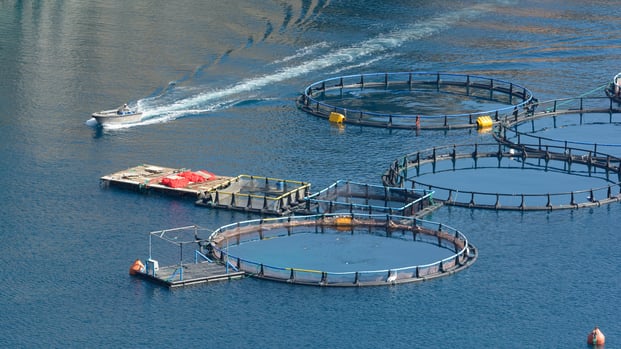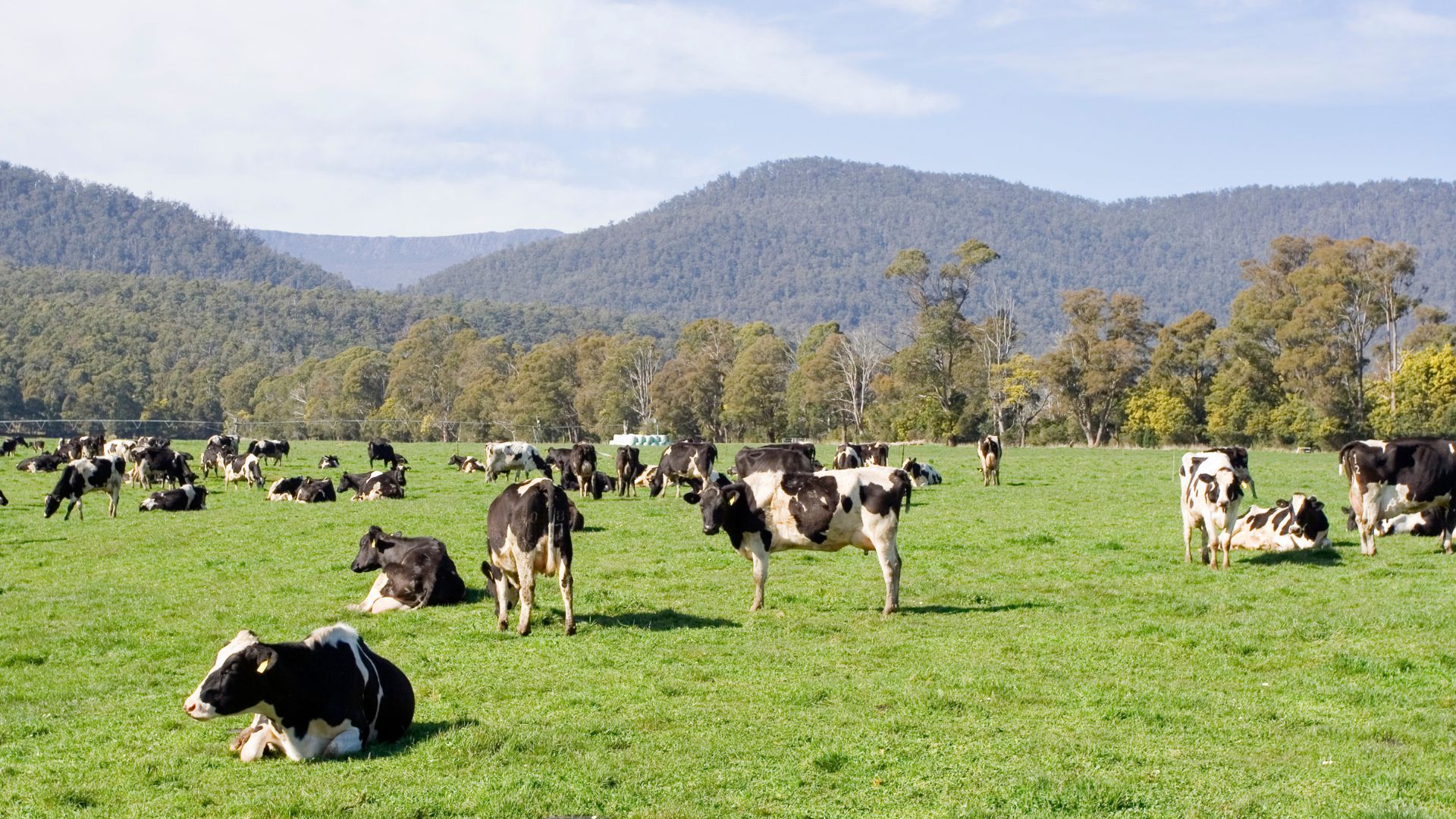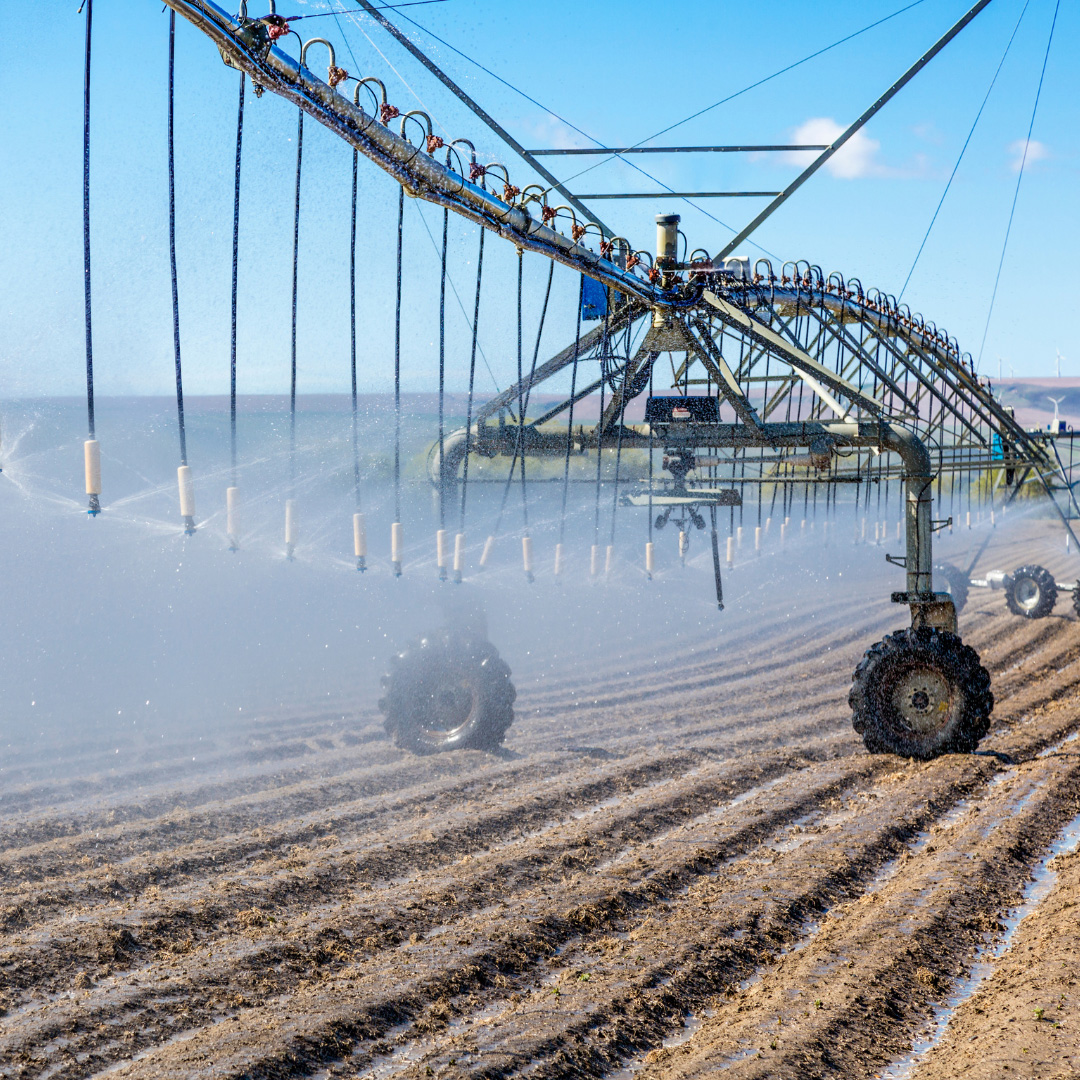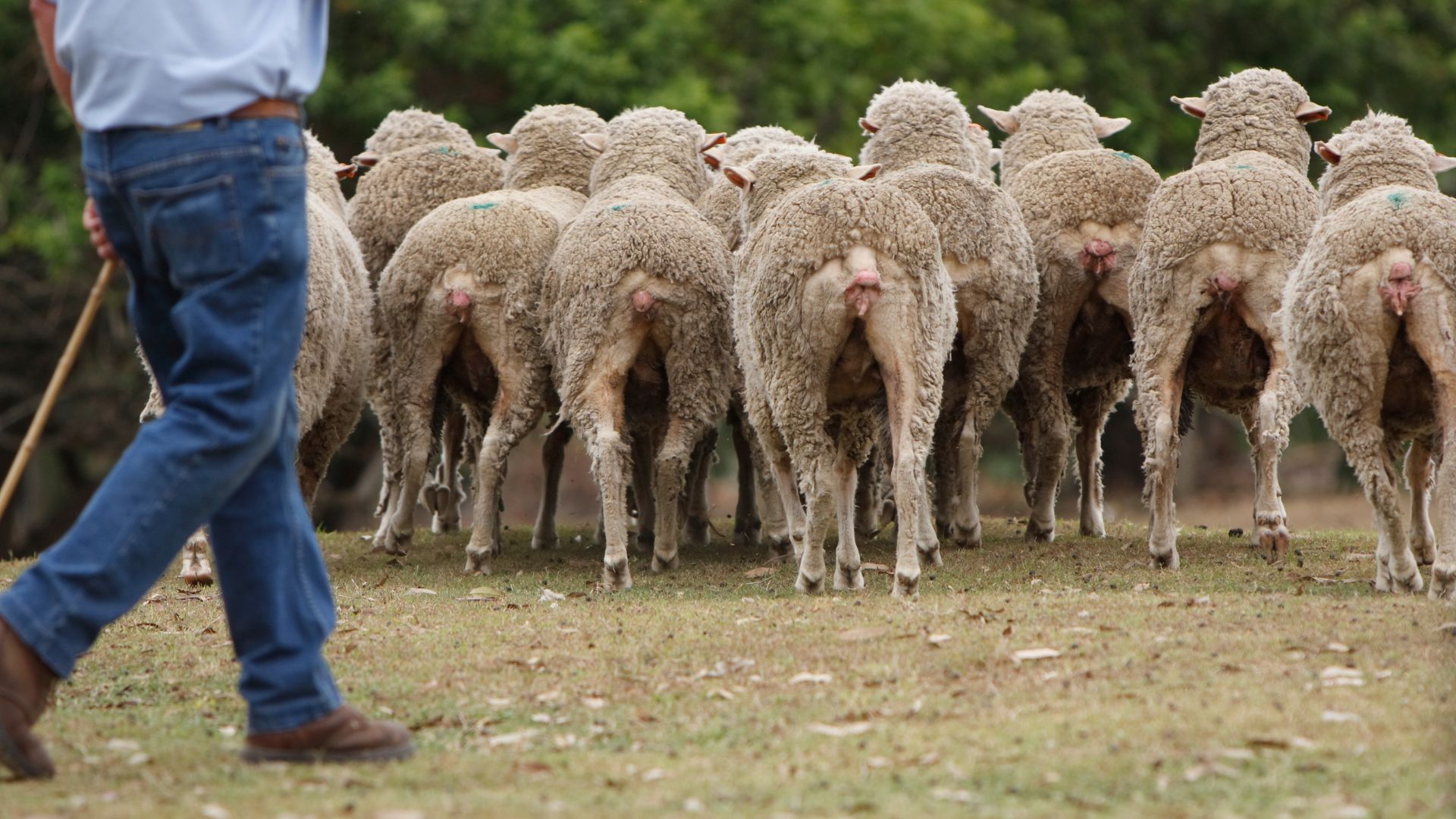Aquaculture Connectivity Deep Dive: Feed Barge Monitoring
 Abagael Higgs Feb 16, 2024
Abagael Higgs Feb 16, 2024

Feed barges play a crucial role for aquaculture operations. When they get damaged, fish farms suffer, and operators pay a huge price. Enabling feed barges with digital tools could help the aquaculture industry reduce losses, increase efficiencies and productivity and minimise environmental impacts.
Feed Barge Monitoring
Feed barge monitoring refers to the digital tools installed within feed barges that are central to fish farming operations. These barges are the lifeline of fishery farms, tasked with the critical role of delivering feed to aquatic livestock. The control centre, where operators manage the feed distribution process can be enhanced through monitoring equipment and sensors, data is collected in real-time, providing invaluable insights into feed usage, distribution patterns, and environmental conditions. This information is vital for optimising feed efficiency, ensuring the health of the fish stock, and minimising environmental impact.
Why It Matters for Fishery Farmers
For fishery farmers, embracing feed barge monitoring and technology is not just a step towards modernisation; it's a leap towards efficiency and profitability. The insights gained from real-time monitoring allow for precise feed management, reducing wastage and improving feed conversion ratios. This precise management is essential in a sector where feed constitutes a significant portion of operational costs. Moreover, the ability to monitor environmental conditions helps in pre-emptively identifying potential health risks, thereby safeguarding the fish stock and ensuring consistent production quality.
It also provides the ability to identify any damage or failures to the feed barge early, thereby mitigating the impact of it on the fish’s productivity.
The Role of Connectivity
The heart of this feed barges monitoring relies on reliable connectivity. Without it, the potential of in-barge data and technology remains untapped. Real-time data transmission from feed barges to control centers or mobile devices requires a robust and reliable network, without it they do not work effectively or at all. This connectivity ensures that decisions are made based on the latest information, enabling immediate adjustments to feed strategies and operations. Furthermore, as the industry moves towards automation, the role of connectivity expands, becoming the backbone of remote monitoring and control systems that promise higher efficiency and reduced human error.
Challenges and Considerations
Despite the clear benefits of feed barge monitoring, achieving reliable connectivity poses a significant challenge, especially in remote or offshore fishery operations where traditional communication infrastructure is scarce or non-existent. The vastness and unpredictability of marine and aquatic environments add layers of complexity to maintaining consistent network coverage. This gap in connectivity not only hampers real-time data transmission but also limits the feasibility of implementing advanced automated solutions.
Connected Farms: Bridging the Connectivity Gap
Recognising these challenges, Connected Farms offers a suite of solutions tailored to the unique needs of fishery businesses. By deploying portable Wi-Fi and satellite options, Connected Farms ensures that fishery operations, regardless of their location, stay connected. These solutions are designed to withstand the harsh marine and aquatic environments, providing stable and reliable connectivity that enables feed barge monitoring and the seamless operation of digital technologies. With Connected Farms, fishery farmers are equipped to harness the full potential of their data and technology. So, you can connect your operation and unlock real-time data plus more, such as make phone calls, use digital tools, and connect your staff!
Conclusion
The journey towards an interconnected aquaculture ecosystem is both challenging and rewarding. Connectivity, digital tools, automation, and real-time insights stand as a significant opportunity for the aquaculture industry. With the help of Connected Farms, aquaculture and fishing operations are equipped to overcome these connectivity hurdles.
Are you interested to see how connectivity can work on your aquaculture or fishing operation? Check it out here.
About Connected Farms
Connected Farms Pty Ltd is dedicated to providing reliable and appropriate connectivity solutions to the agriculture sector. Located in Regional NSW, Regional South Canterbury NZ, and Regional Scotland UK our mission is to connect farmers, agribusinesses, and fisheries to enable digital agriculture, enhancing productivity, safety, and sustainability in farming operations across Australia, New Zealand, and the UK.
For more information visit www.connectedfarms.co
Related Articles
Dairy and Livestock Farming Connectivity Deep Dive Series: Harnessing the Power of Real-Time Data
The adoption of technology has become a necessity on dairy and livestock farms for efficiency and sustainability. Central to this technological ...
Broadacre Connectivity Deep Dive series: Water and Soil Moisture Data in Real-Time
The precise management of water within a broadacre farm is critical in ensuring the health and productivity of crops. Fluctuations in soil moisture, ...
Dairy and Livestock Connectivity Deep Dive series: Connected Staff
Isolation for dairy and livestock farms isn't just a physical challenge—it can also be a barrier to safety, wellbeing, and operational efficiency. ...





